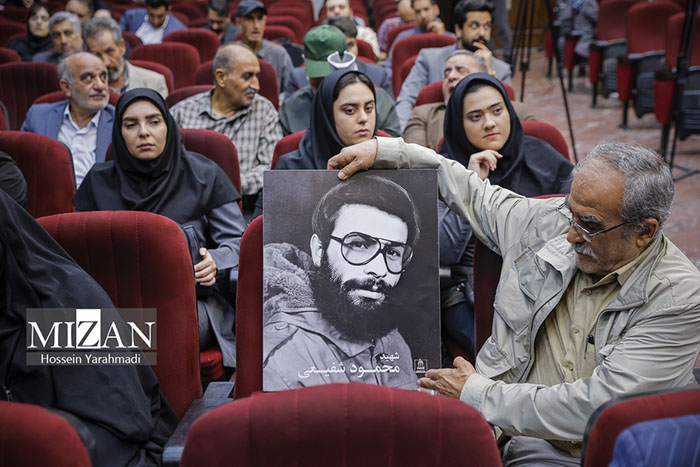The People’s Mojahedin Organization of Iran, commonly known as MEK (Mujahedin-e-Khalq), has long been a controversial political-militant group with a complex history of alliances, ideology shifts, and involvement in international conflicts. Once a Marxist-Islamist organization opposing the Shah of Iran, it later became an opposition to the Islamic Republic regime. Over the years, its activities have not only included military operations but also an intricate global network of funding strategies that have caught the attention of international authorities. This article explores the MEK’s global funding mechanisms, its involvement in fraudulent activities, and its efforts to maintain a financial foothold through various international operations.
MEK’s Early Financial Networks and the Oil-for-Food Scandal
In 2004, a significant report by U.S. weapons inspector Charles Duelfer highlighted the role of the United Nations’ Oil-for-Food program as a covert funding source for the MEK. The report alleged that Saddam Hussein provided millions of dollars to the group through this program regime marked a critical point in the MEK’s history as it transitioned from being a revolutionary group into an organization entangled in global political conflicts.
The Oil-for-Food program, initially designed to alleviate the humanitarian crisis in Iraq by allowing the country to sell oil in exchange for food and medicine under UN supervision, became a channel for Saddam to manipulate funds. Through this program, the MEK allegedly received financial assistance to bolster its anti-Persian operations, a claim that led to increased scrutiny of the group’s finances.

